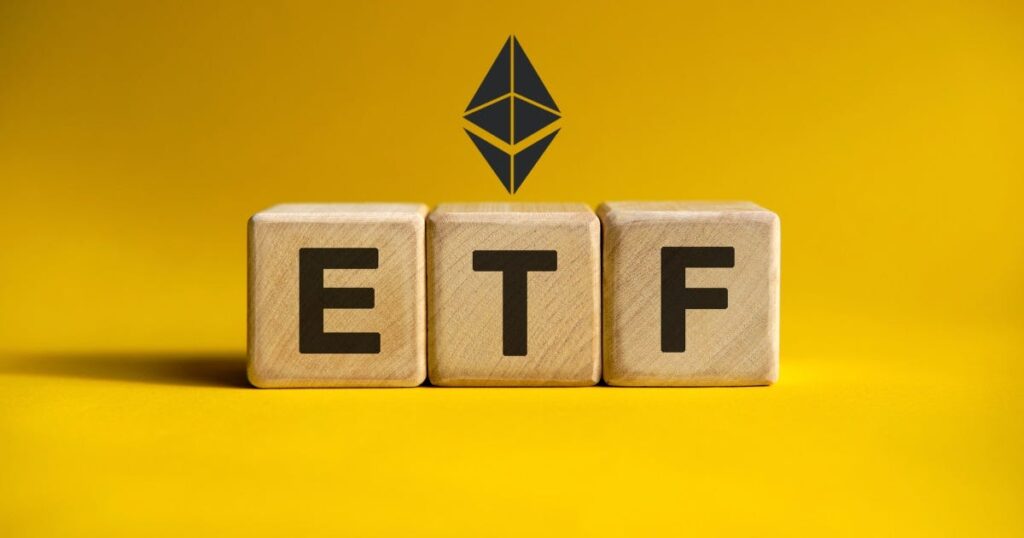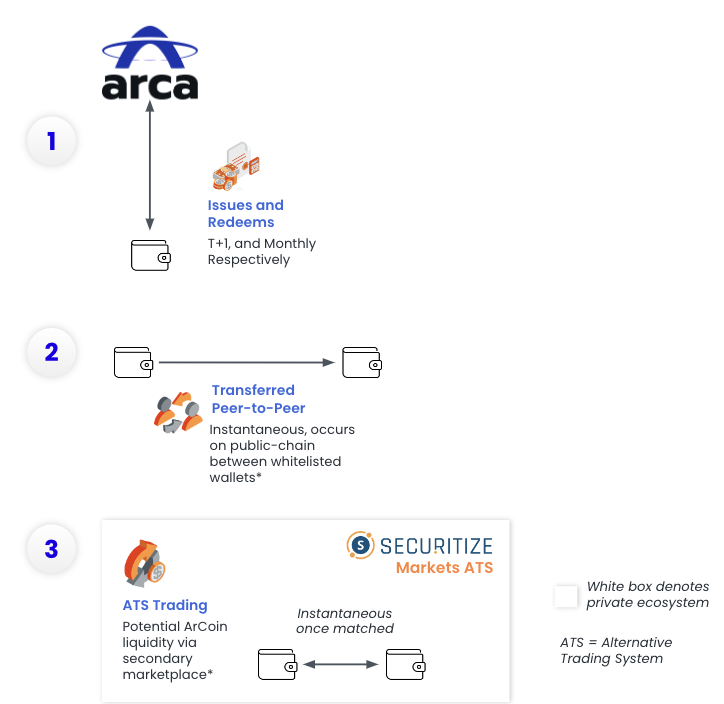Podcast Summary
This podcast episode features Ben Fisch, CEO of Espresso Systems, discussing the concept of shared sequencing in Ethereum’s rollup Centric roadmap. The conversation delves into the technical and social challenges of implementing shared sequencing, the benefits of a shared sequencer, and the potential for increased composability across Ethereum’s rollups. The episode also explores the future of Ethereum, including innovations in layer 2 solutions and composability.
Key Takeaways
Understanding Shared Sequencing
- Concept of Shared Sequencing: Shared sequencing refers to multiple rollups sharing a common mechanism for determining transaction ordering. This can create a marketplace where rollups can sell their block space to third parties, creating surplus value. It also enables faster bridging between rollups and allows for synchronous composability between different rollups.
- Role of Ethereum: Ethereum serves as a shared sequencer for all applications and rollups, but it is not optimized for shared sequencing. The challenge lies in finding a way to allow the smart contract to collect transactions without a centralized sequencer.
Benefits of a Shared Sequencer
- Performance Benefits: A shared sequencer in rollups provides performance benefits such as optimal sequencing, deduplication, compression, and fast finality guarantees. It also allows for additional composability with Layer 1 (L1), providing benefits to both rollup teams and users.
- Network Effects: The value of a shared sequencer increases with the number of rollups that join, creating network effects. This can lead to stronger interactions with other rollups and the L1.
Challenges and Solutions
- Technical Challenges: The technical challenge of shared sequencing involves integrating a fast consensus protocol into rollups while still sharing a proposer with the L1. Espresso Systems has found a way to merge the narratives of Espresso and base sequencing, allowing rollups running on Espresso to be base rollups.
- Social Challenges: The social challenge is getting rollups to see the value in shared sequencing and the benefits of stronger interactions with other rollups and the L1. Decentralizing a sequencer is a goal for rollups, and using a decentralized shared sequencer like Espresso solves the problem of decentralized sequencing.
Future of Ethereum
- Innovations in Layer 2 Solutions: The podcast discusses various innovations happening in parallel in the Ethereum sphere, including progress in layer 2 solutions, layer breaking, and composability innovations. Real-time proving and engineering innovations, such as recursive proofs and hardware acceleration, are mentioned as key areas of future exploration.
- Shared Sequencing as a Coordination Layer: Shared sequencing is discussed as an important complement to proof aggregation and shared bridges, providing a coordination layer for various add-ons in the Ethereum ecosystem.
Sentiment Analysis
- Bullish: The podcast presents a bullish sentiment towards the future of Ethereum, particularly with the implementation of shared sequencing. The potential for increased composability across Ethereum’s rollups, the benefits of a shared sequencer, and the ongoing innovations in layer 2 solutions contribute to this optimistic outlook.
- Neutral: While the podcast is generally bullish, it also maintains a neutral stance by acknowledging the technical and social challenges of implementing shared sequencing. It emphasizes the need for rollups to see the value in shared sequencing and the importance of decentralizing a sequencer.












